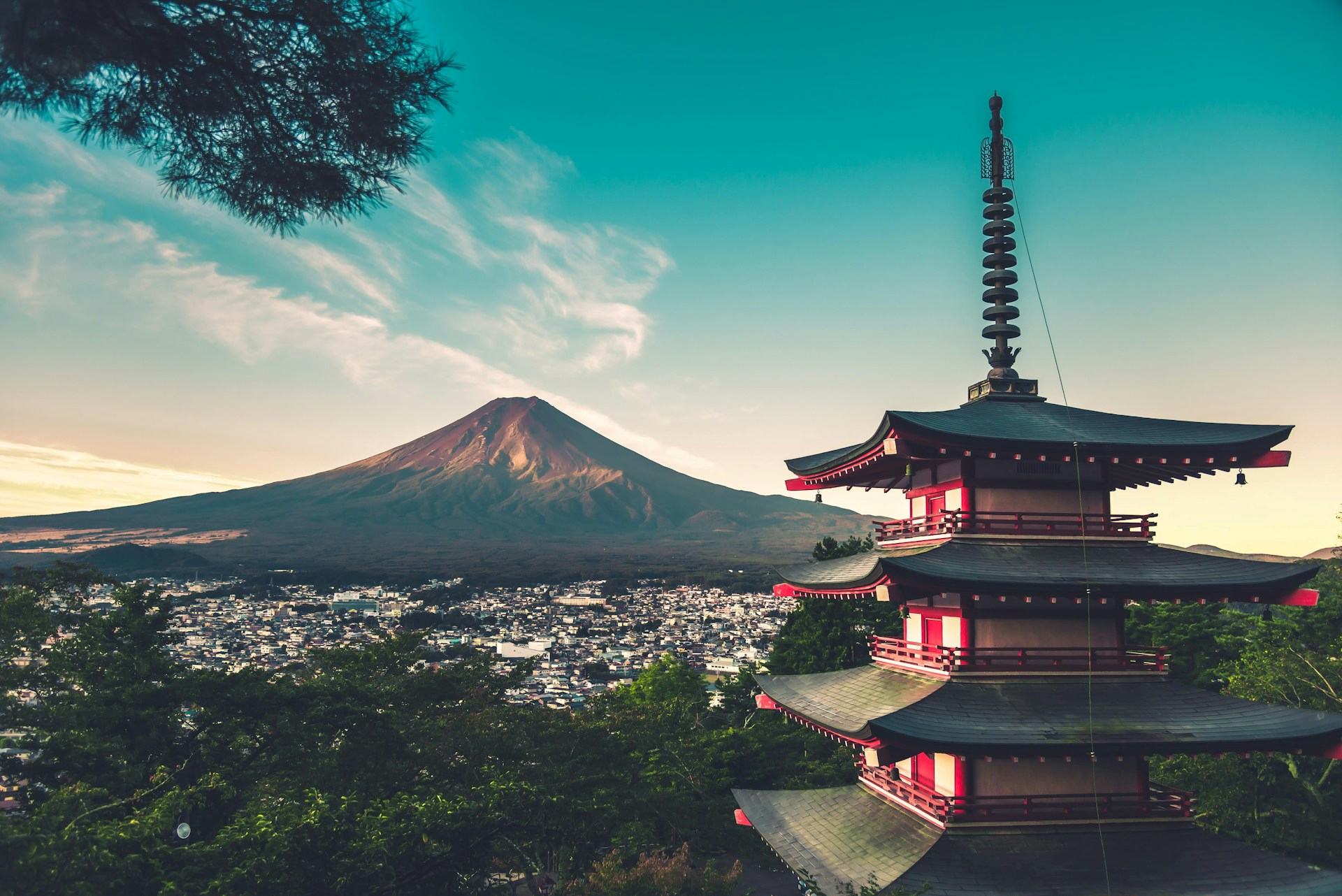In a move to combat overtourism and protect one of its most iconic natural landmarks, Japan has announced a steep hike in entry fees for Mount Fuji’s four main climbing routes. Beginning this July, hikers will be required to pay ¥4,000 (around $27) per person to access the trails during the official climbing season, which runs through early September. The decision reflects mounting concerns over overcrowding, safety risks, and environmental degradation.
Until now, only the Yoshida Trail in Yamanashi Prefecture had a ¥2,000 entry fee, which was introduced last year along with a daily cap of 4,000 climbers. That fee has now doubled. Meanwhile, Shizuoka Prefecture will implement the ¥4,000 fee across its three trails—Fujinomiya, Subashiri, and Gotemba—which had previously been free to access. The change marks a significant shift in Japan’s strategy to regulate the flow of visitors to Mount Fuji, which, despite a slight drop in climbers from 221,322 in 2023 to 204,316 in 2024, remains under pressure during its short climbing window.
Officials stress that safety is a primary concern. “No other mountain in Japan sees this volume of people in just over two months,” said Natsuko Sodeyama, a Shizuoka prefecture representative. To further mitigate risk, new rules now require hikers to complete a safety course and pass a test before climbing. Additionally, to curb dangerous night ascents, the trails will be closed daily between 2 p.m. and 3 a.m. for non-overnight climbers.
These new regulations are part of a broader national response to overtourism. The Japanese government is rolling out additional measures, including new accommodation taxes in several regions, set to launch this fall, with revenues earmarked for tourism management and sustainability. There is also discussion of increasing Japan’s departure tax to further fund initiatives aimed at balancing visitor numbers with infrastructure capacity.
By raising entry fees and tightening regulations, Japan hopes to ensure that treasured destinations like Mount Fuji remain safe, sustainable, and accessible for generations to come—while preserving the environmental and cultural integrity that makes them globally renowned.


